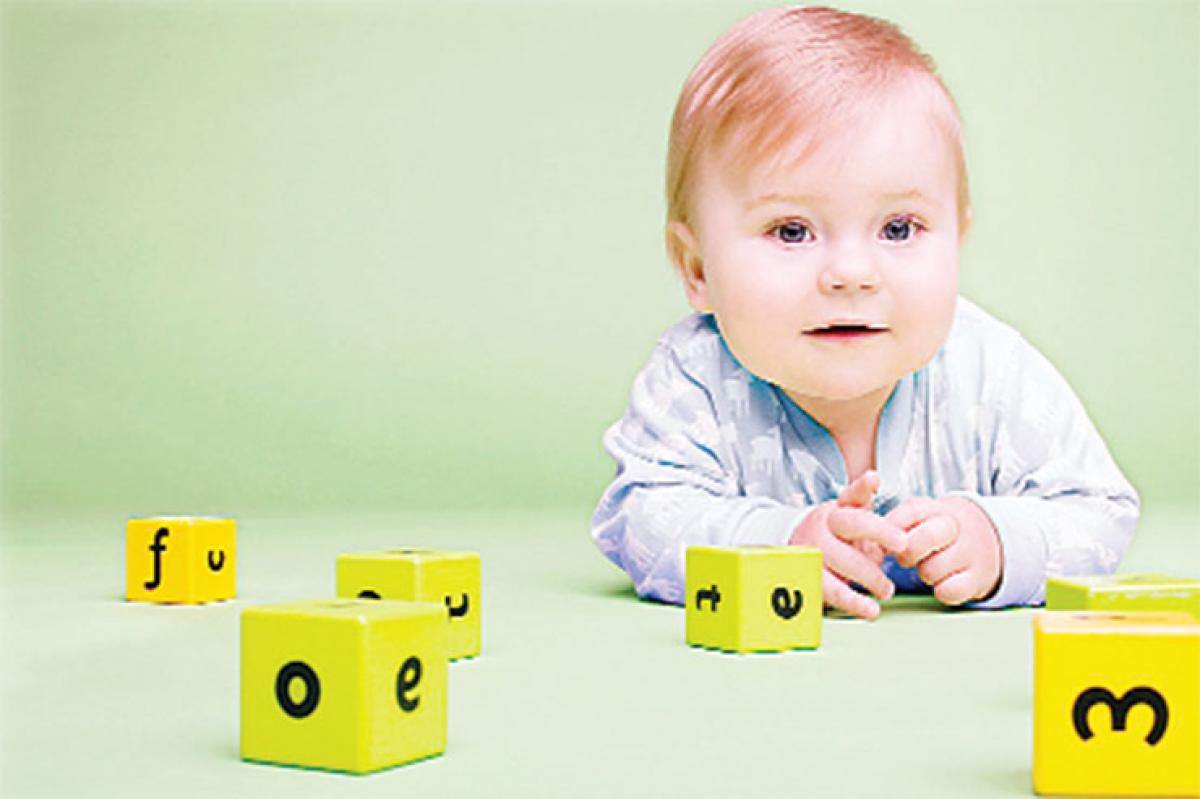Baby's first stool can help predict future IQ score

Analysis of a newborn\'s first stool can alert doctors whether a child is at risk of problems with intelligence and reasoning, new research shows. In particular, high levels of fatty acid ethyl esters (FAEE) found in the meconium (a newborn\'s first stool) from a mother\'s alcohol use during pregnancy can alert doctors that a child may develop cognitive problems in teenage years, the findings showed.
New York: Analysis of a newborn's first stool can alert doctors whether a child is at risk of problems with intelligence and reasoning, new research shows. In particular, high levels of fatty acid ethyl esters (FAEE) found in the meconium (a newborn's first stool) from a mother's alcohol use during pregnancy can alert doctors that a child may develop cognitive problems in teenage years, the findings showed.
"We wanted to see if there was a connection between FAEE level and their cognitive development during childhood and adolescence and we did find a link. FAEE can serve as a marker for fetal alcohol exposure and developmental issues ahead," said one of the researchers Meeyoung Min, research assistant professor at Case Western Reserve University in the US.
.jpg)
"Detecting prenatal exposure to alcohol at birth could lead to early interventions that help reduce the effects later," Min added. For this study, researchers analysed the meconium of 216 babies for levels of FAEE. They then gave intelligence tests at ages nine, eleven and fifteen.











